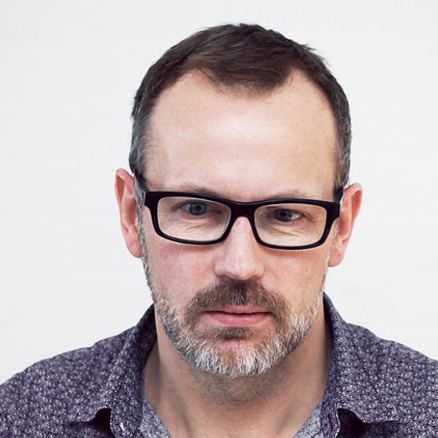Neurodiversity - challenges and strengths
On-Demand Webinar
Course Summary
Overview
As professionals, it is essential that we consider the potential challenges, loss and grief that neurodiverse people might experience in a neurotypical world. This webinar explores the background, research, appropriate language, challenges, benefits, and, underlining it all, the mental health and wellbeing of those who have had a formal diagnosis, or who identify as neurodiverse, and how we can best support them. Today, neurodiversity has evolved from a focus on neurodivergent individuals who may have a formal diagnosis of a developmental or learning disability such as autism spectrum disorder (ASD), attention-deficit hyperactivity disorder (ADHD), dyslexia or dyscalculia, to also embrace a broader group of people who may self-identify as neurodivergent. Our understanding of ‘neurodiversity’ has widened extensively since Australian sociologist, Judy Singer, on the autism spectrum herself, coined the term in the late 1990s in acknowledgement that everyone’s brain develops uniquely. At the time, she wanted to shift the idea that autism was a disability, rather viewing it as natural variance in neurobiology. She defined it as a social justice movement that promoted equality for what she called ‘neurological minorities’; people whose brains work in atypical ways. In a broad sense, the term ‘neurodiversity’ acknowledges that all human brains and minds differ from one another.
Key learning points
- Exploring the neurodiversity paradigm, including the associated terminology Insight into common neurodiverse developmental and learning disabilities
- Australian and New Zealand statistics
- Current research, particularly related to mental health and wellbeing; the growing awareness of the benefits of neurodiversity
- Neurodiversity in the workplace: challenges, strengths, benefits, changes, and support
- Supporting neurodiverse clients - those with a formal diagnosis of a developmental or learning disability, and those people who self-identify as neurodiverse - Resources and additional readings.
Your presenter: Dr Fiona Pienaar

Dr Fiona Pienaar has an extensive background in education, research and mental health; both clinical and operational. A highly qualified and proficient director, consultant, practitioner, presenter, trainer and academic, she holds a Master of Education in Counselling and a PhD in Behavioural Science (New Zealand children’s experiences of stress and coping). With a fascinating life journey spanning South Africa, New Zealand and the UK, Fiona is concurrently a Clinical Lead at Whakarongorau Aotearoa New Zealand Telehealth Services and Senior Clinical Advisor at Mental Health Innovations in the UK. Fiona also maintains a busy online and in-person speaking schedule for education, corporate, charitable and clinical organisations and we are delighted and grateful for her long-standing connection to the Grief Centre and our mission.
Highly Recommended Course. Easy to Understand, Informative, Very Well Organized. The Course is Full of Practical and Valuable for Anyone who wants to Enhance their Skills. Really Enjoyed it. Thank you!!
Course Pricing
On-demand access
-
- 12 months access from date of purchase
- Access is for the registrant only and login details must not be shared
- Access to a downloadable PDF handout of the slides and any additional notes
- Certificate of accomplishment can be issued on passing a short quiz


